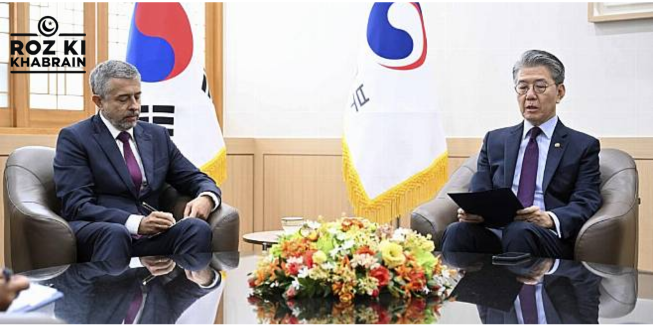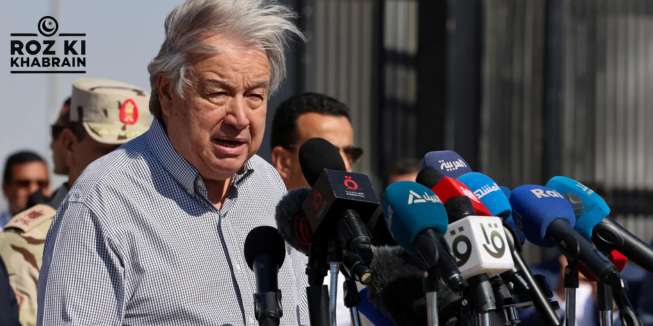South Korea has summoned the Russian ambassador to condemn North Korea’s decision to deploy hundreds of soldiers to support Russia in its war against Ukraine, the Ministry of Foreign Affairs announced, demanding their immediate withdrawal.
According to Seoul’s intelligence agency, around 1,500 North Korean special forces have arrived in Russia, marking Pyongyang’s first overseas deployment of this scale. The troops are expected to join the front lines after a period of acclimatization, with additional forces set to be dispatched soon.
South Korea has long accused North Korea of supplying weapons to Russia for use in Ukraine, and in June, North Korean leader Kim Jong Un signed a military agreement with Russian President Vladimir Putin.
Vice Foreign Minister Kim Hong-kyun expressed “grave concerns” over North Korea’s military involvement and urged the immediate withdrawal of its forces during a meeting with Russian Ambassador Georgiy Zinoviev. Kim emphasized that any military collaboration between North Korea and Russia violates United Nations Security Council resolutions.
Seoul’s spy agency also released satellite images showing the first batch of elite North Korean “Storm Corps” troops arriving in Vladivostok on Russian military vessels.
In response, Zinoviev stated that Russia-North Korea cooperation does not threaten South Korea’s security, while Kremlin spokesperson Dmitry Peskov confirmed Moscow’s plans to continue strengthening ties with Pyongyang.
South Korean President Yoon Suk-yeol later urged NATO to take concrete action against the growing military collaboration between Russia and North Korea. NATO has not yet confirmed the deployment, but Dutch Prime Minister Mark Rutte warned that it could significantly escalate the conflict.
Ukrainian President Volodymyr Zelenskyy also accused North Korea of preparing to send 10,000 soldiers to Russia and called for a strong international response. Meanwhile, the U.S. has not confirmed the presence of North Korean troops but warned that such involvement would be a dangerous development in the war.




